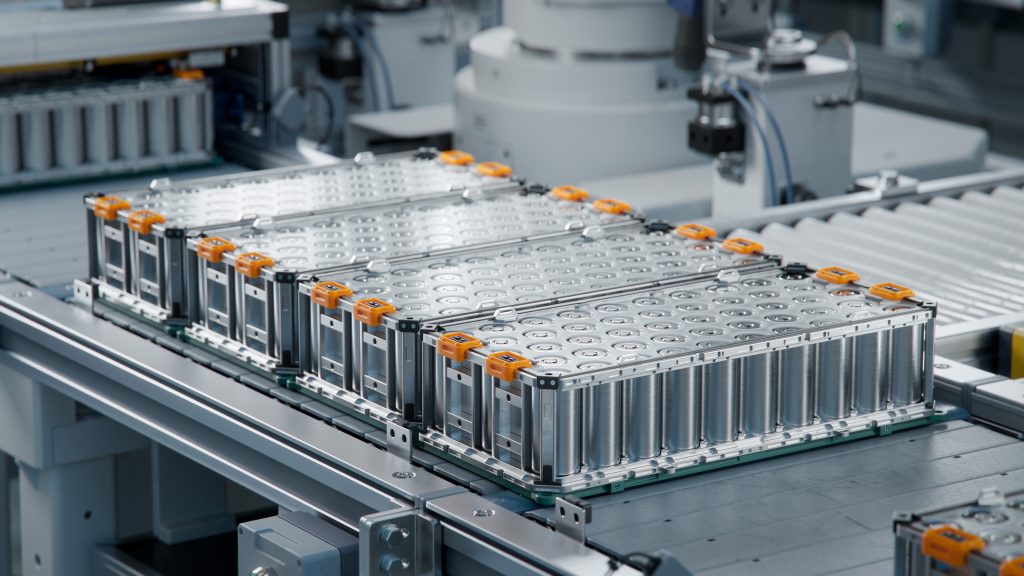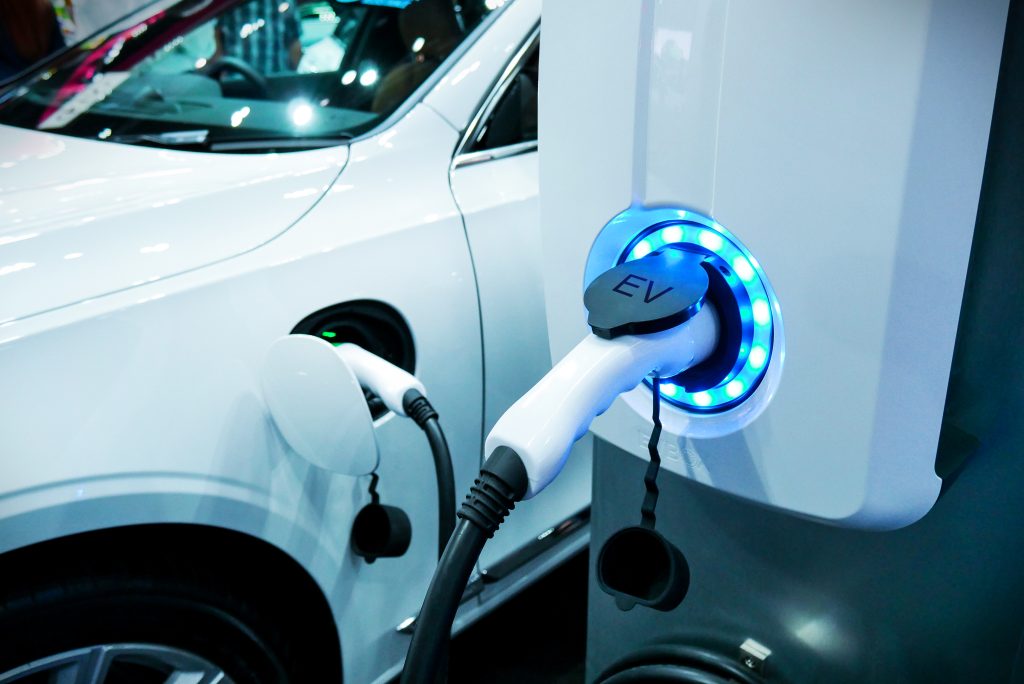Not sure about choosing a charger? Try our revamped Charger Finder!
Try our revamped Charger Finder!
- For Installations
- All our chargers come with a 1 year warranty
- Free Shipping
July 18, 2024

There are still a vast number of queries surrounding electric vehicles and EV charging and battery issues is one of the biggest topics – specifically, how long EV batteries will last.
So, to get some kind of answer once and for all, read our handy guide on how long EV batteries last, what affects their lifespan, and how you get the best out of your green machine.
The specific lifecycle of an EV battery can differ by manufacturer, but for the most part, you can expect an eight-year, 100,000-mile warranty on almost all electric car battery packs.
Popular models offer:
Make and model | Battery warranty – years | Battery warranty – miles |
Audi e-tron | 8 years | 99,419 miles |
BMW i3 | 8 years | 100,000 miles |
Hyundai Ioniq/Kona | 8 years | 125,000 miles |
Jaguar I-Pace | 8 years | 100,000 miles |
Kia e-Niro/Soul | 7 years | 100,000 miles |
Mercedes B-Class/EQC | 8/7 years | 62,000/100,000 miles |
MG ZS | 7 years | 80,000 miles |
Nissan e-NV200/Leaf | 8 years each | 100,000 miles each |
Renault Zoe | 8 years | 100,000 miles |
Seat Mii | 8 years | 100,000 miles |
Smart EQ ForTwo/ForFour) | 8 years each | 62,500 miles each |
Tesla Model S/X/3 | 8 years each | Unlimited/unlimited/120,000 miles |
Toyota Mirai (hydrogen) | 8 years | 100,000 |
Volkswagen e-Golf/e-Up | 8 years each | 99,360 each |
Given these sizeable “warranty” milages, you could be forgiven for being confused about why consumers are concerned.
However, just as a phone’s battery capacity can fluctuate depending on its age and usage, the same is true for electric cars.

Perhaps unsurprisingly, there are several factors that can affect the health of your EV battery and therefore the range and usability of your electric car.
Lithium-ion EV batteries are faced with repeated charging cycles – from empty to full and vice versa.
This can be affected by:
How often you charge
Charging too often is a common mistake EV owners make, which is often in an attempt to do the right thing by their vehicle.
Natural degradation occurs in the battery based on the number of charging cycles the EV battery completes over its lifespan and can deteriorate if charged too often.
To make it easier to remember, EV batteries have a Goldilocks zone which includes keeping the battery at 30-80% charged and minimizing the number of charging cycles completed.
This will help make sure you protect the longevity of your battery and your EV runs just right!
What capacity you charge to
While we might charge our phones to 100% every night and not think anything of it, however charging your EV battery to 100% regularly is a potentially harmful to the longevity and performance of your battery over it’s useful life.
EV batteries like to be kept between 30-80% in the Goldilocks zone, and the more you can do this, the longer your battery will last.
Overcharging can lead to stress on the battery, so if you need a full charge for a full range ahead of a long trip, ensure to unplug your EV charger as soon as charging is completed.
How low you allow your EV charge to go
As you might be expecting by now, going too far down from the Goldilocks zone – below 30% – often can impact the battery life.
Likewise, leaving your battery flat could result in the battery pack no longer accepting charge – sometimes referred to as bricking. Luckily, however, new EVs now have systems in place to prevent full battery depletion.
Extremely hot or cold temperatures can negatively affect your car’s battery and range. As such, if you live in a very hot or cold climate, try to park your car in the garage or under shade to limit temperature exposure.

The main ways to help your EV battery last longer are simple and easy to follow.
As such, you should try to:
While for most EVs this is 30-80%, be sure to check your manufacturer’s guidebook to see exactly what this is for your vehicle.
Some EV batteries far outlast the warrantied 10 years, potentially making it to 20 years with appropriate care and proper maintenance before their batteries need to be replaced.
So, if you are considering an electric car, don’t let concerns about EV batteries put you off.
If you need advice about a Level 1 EV charger, a Level 2 EV charger of your own, or anything else, why not reach out to the team? You can email us at [email protected] or speak to us on our webchat by clicking the icon at the side of your screen.